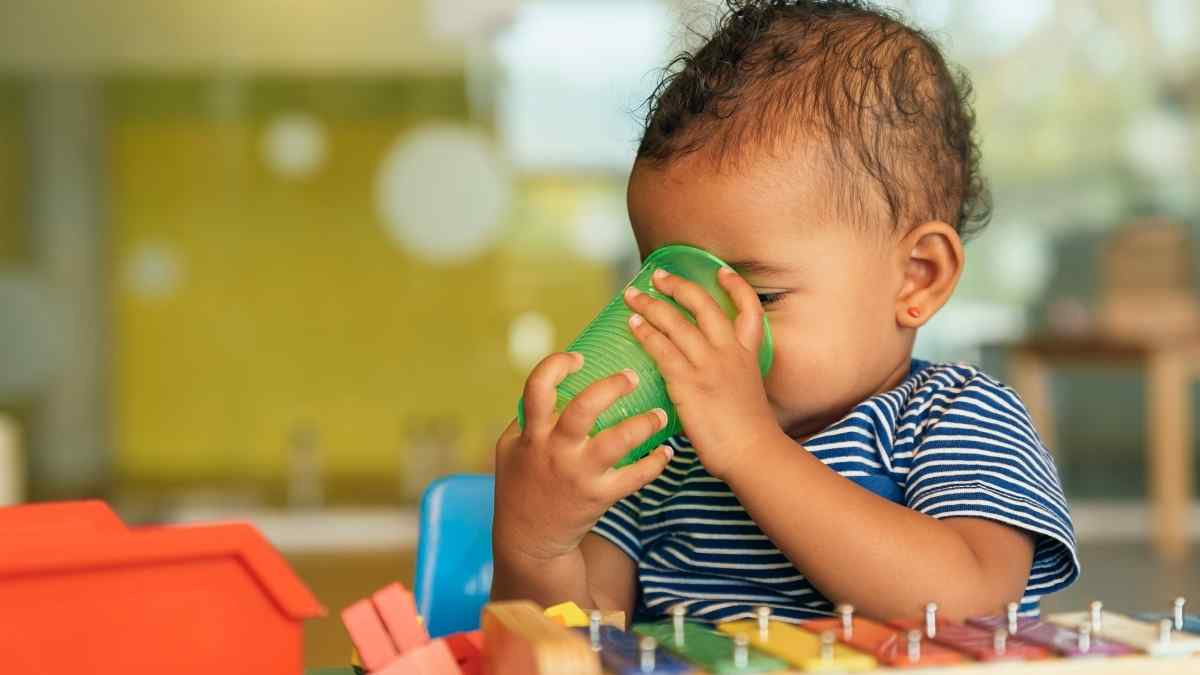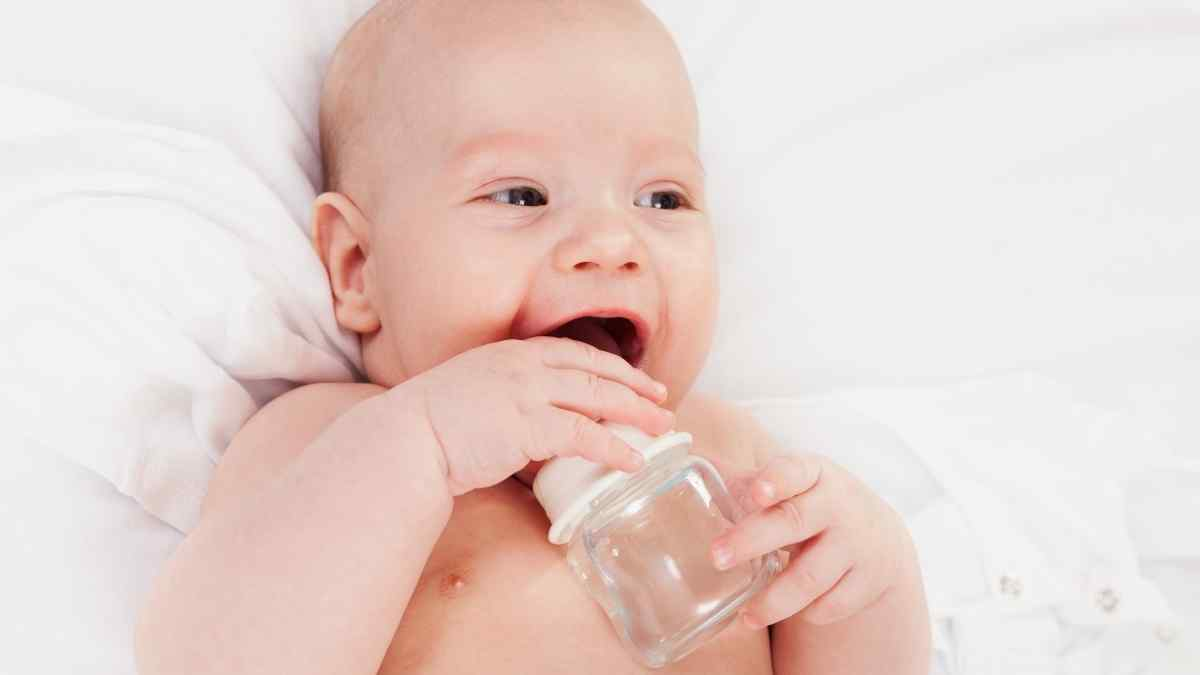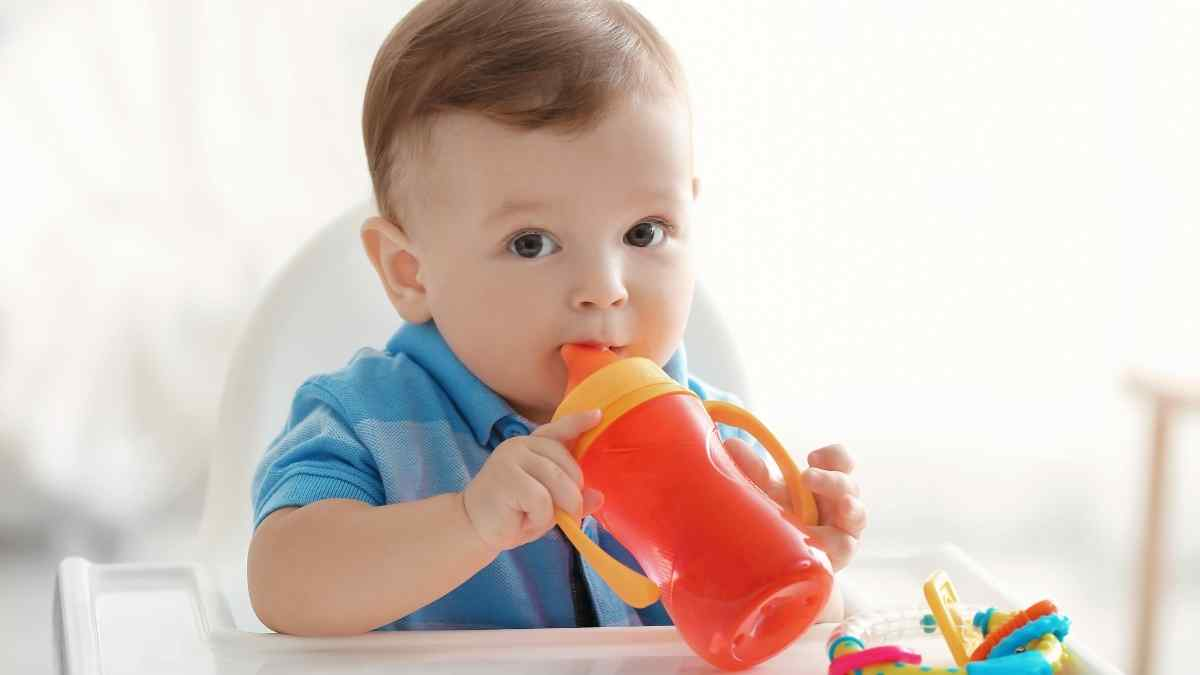Every parent eagerly anticipates the developmental milestones of their child—those delightful moments when a baby first sits up, a toddler utters their inaugural word, or a young child confidently rides a bicycle. While genetics, nutrition, and environment play undeniable roles in a child’s developmental journey, there’s an often-underestimated factor that significantly influences this process: hydration.
The human body, with its intricate web of cells, tissues, and organs, heavily relies on water for optimal functioning. This is particularly true for rapidly growing and developing children. In this article, we delve into the profound connection between hydration and developmental milestones, shedding light on the vital role water plays in nurturing a child’s journey from infancy to early childhood. Whether you’re a parent, caregiver, or simply someone intrigued by child development, understanding the importance of hydration offers a fresh perspective on raising healthy, thriving children.

Understanding Hydration
The Basics of Hydration: From Newborns to Toddlers
Definition of Hydration
At its core, hydration is the process of providing the body with the essential nutrient, water. As the primary component of our blood and cells, water is fundamental to life. Whether it’s a newborn in St. Louis or an adult in Tokyo, every living being needs water to function.
The Importance of Hydration
From the first moment a baby enters the world, hydration plays a pivotal role. For infants, breast milk or formula is not just food; it’s their primary source of hydration. As the baby grows, their hydration needs evolve, but the importance remains constant. For example, while most parents eagerly await their child’s first steps as a significant developmental milestone, few realize the role hydration plays in achieving such milestones. Proper hydration supports cognitive functions, aids in growth, and is instrumental in the development of both fine and gross motor skills.
Hydration and Physiological Processes
Supporting Growth and Development
From the first year, as babies transition from bottle feeding to eating solid foods, hydration continues to be a cornerstone of their health. As children start to eat more foods, especially vegetables rich in nutrients, they also need more water to support their rapidly developing bodies. By the time a child celebrates their first birthday, hydration aids in the development of fine motor skills, such as picking up small toys, and gross motor skills like walking.
Protection and Immunity
Hydration is a guardian in disguise. It bolsters the immune system, especially vital at a young age when children are more susceptible to illness. While family members might prioritize feeding the child with the right foods, it’s equally important to ensure they drink enough water to ward off dehydration.
Brain Function and Cognition
A child’s brain is a marvel, developing at a phenomenal rate in the first few years. Proper hydration plays a crucial role in supporting cognitive functions. Even a slight decrease in hydration can impact a child’s ability to identify and interact with their surroundings.
Practical Insights for Parents and Caregivers
Baby Safe Drinking Tips
In the initial months of age, babies primarily rely on breast milk or formula. However, as they approach their first birthday, introducing them to a cup can be a new adventure. Ensure that hot liquids are kept away from the baby’s reach and that the transition from bottle to cup is gradual.
Monitoring and Ensuring Proper Hydration
While adults can easily identify when they’re thirsty, babies and infants rely on their caregivers to ensure they’re well-hydrated. Parents should be vigilant about their child’s hydration needs, especially in warmer climates. Regular physical examinations by a healthcare provider can also help in tracking hydration levels.
When to Seek Medical Attention
Dehydration in children, especially infants, can escalate quickly. If a parent or caregiver is concerned about their baby’s hydration levels or notices signs of dehydration, it’s crucial to seek medical attention promptly.

The Role of Hydration in Early Development
Following our exploration of understanding hydration, its definition, and its overarching importance for the human body, we now delve deeper into its pivotal role during the early stages of development. The journey from a newborn to a toddler is marked with numerous developmental milestones, and each of these milestones is subtly supported by proper hydration.
Brain Development and Cognitive Growth
Water isn’t just essential for quenching thirst; it’s fundamental for our brain’s health and functionality. As a baby grows, the brain undergoes rapid development, especially in the first year. Adequate hydration ensures that the brain receives the necessary nutrients and oxygen, supporting cognitive functions and skills. For example, the ability of an infant to recognize their family members or even grasp a bottle for feeding is closely linked with proper brain nutrition, where hydration plays an indispensable role.
Physical Growth: Beyond Just Height and Weight
When we think of growth, we often lead with the idea of height and weight. However, growth is multi-dimensional. Proper hydration is essential for the development of muscles and bones. As babies transition from crawling to standing and then to walking, their muscles and bones are constantly at work. Drinking enough water ensures that these tissues develop healthily, paving the way for stronger motor skills.
A Healthy Gut and Digestive System
Feeding is a significant part of a baby’s day. Whether they’re on breast milk, formula, or starting on solids like vegetables and cereals, what often goes unnoticed is the role of water in digestion. As infants drink more water, it aids in breaking down food, ensuring that the essential nutrients are absorbed efficiently. Moreover, proper hydration supports a healthy gut, reducing the chances of constipation and keeping issues like tooth decay at bay.
Bolstering the Immune System
While the immune system’s development is a complex interplay of factors, hydration emerges as a silent hero. Water aids in the production and circulation of lymph, a fluid that contains white blood cells crucial in fighting off illnesses. A well-hydrated body ensures that these cells can travel efficiently, bolstering the baby’s defense against potential illnesses. Regular physical examinations with a healthcare provider can further ensure that the baby’s immune system is developing optimally.
Hydration Needs at Different Developmental Milestones
Building on our understanding of the role hydration plays in early development, it’s crucial to identify how these hydration needs shift and change as children grow. Just as developmental milestones vary from the delicate movements of a newborn to the boisterous energy of a school-aged child, so too do their hydration needs. Let’s explore how these needs adapt at different stages of a child’s life.
Newborns and Infants: The Foundation of Hydration
In the initial stages of life, an infant’s primary source of hydration comes from breast milk or formula. This liquid gold not only provides essential nutrients but also quenches the baby’s thirst. For the first few months of age, there’s generally no need for additional water. Every time the baby’s mouth latches onto the breast or bottle, they receive both nutrition and hydration, making feeding times doubly important.
Toddlers: A New Phase of Exploration
As babies transition into their toddler years, their world expands. With this newfound independence comes a shift in hydration needs. While milk remains a dietary staple, it’s also the time when toddlers should start sipping on tap water. This transition can be a developmental milestone in itself, with toddlers learning to drink from a cup. Parents and caregivers must ensure that the water is baby safe, and regular physical examinations can help monitor hydration levels.
Preschoolers: Cultivating Good Habits
By the preschool age, children have established eating patterns, consuming a variety of foods from vegetables to grains. With this varied diet, the importance of drinking enough water becomes paramount. It’s also the stage where children should be made aware of the signs of dehydration. Dry mouth, dark urine, and fatigue can all be indicators. Recognizing these signs early can prevent health issues and ensure that the child remains active and energetic.
School-aged Children: Meeting Increased Demands
With school comes increased physical activity, whether it’s running around in the playground or participating in sports. These activities lead to faster water loss, making hydration even more critical. Parents and healthcare providers should educate children on the importance of balancing their water intake with their activity levels. For example, after a particularly strenuous game or physical education class, they should be encouraged to drink more water to replenish lost fluids.

Conclusion
From the first cry of a newborn to the bustling energy of a school-aged child, hydration remains an unwavering pillar of health and development. This comprehensive exploration has illuminated the intricate dance between hydration and the various developmental milestones children achieve.
As they grow, their hydration needs evolve, yet the core principle remains: water is vital. Whether it’s supporting cognitive functions, bolstering immunity, aiding digestion, or ensuring robust physical growth, water plays a central role at every stage. For parents, caregivers, and indeed anyone invested in the well-being of the next generation, understanding and prioritizing hydration is not just a matter of health—it’s a commitment to nurturing a child’s full potential.
As we’ve journeyed through the stages of childhood development, one thing is clear: the importance of hydration cannot be underestimated. It’s a lifelong commitment that begins from the first moment of life and continues as children grow, learn, and thrive. So, let’s raise our glasses (or baby bottles) to the profound impact of hydration on our children’s lives and pledge to ensure that every child, at every milestone, is well-hydrated and poised for success.
We hope this article has helped you and that you’d like to comment. If you have any questions, please feel free to ask us.



